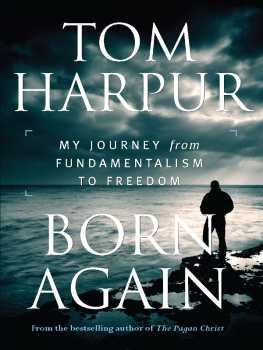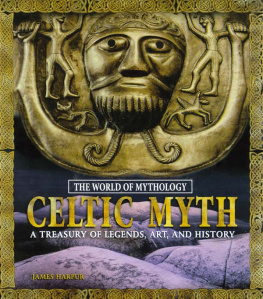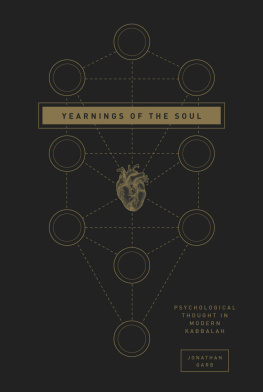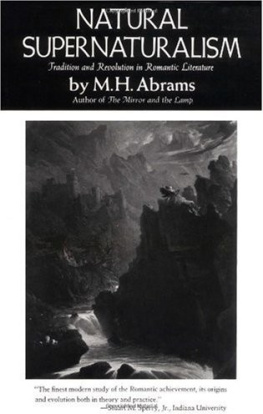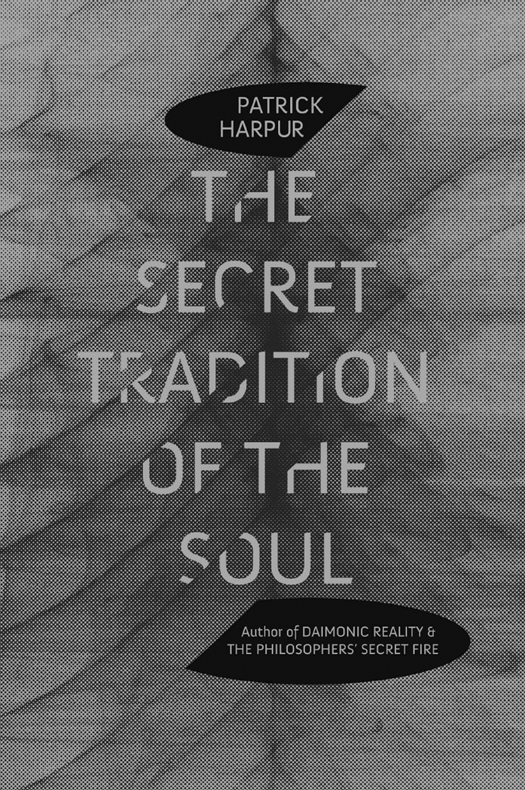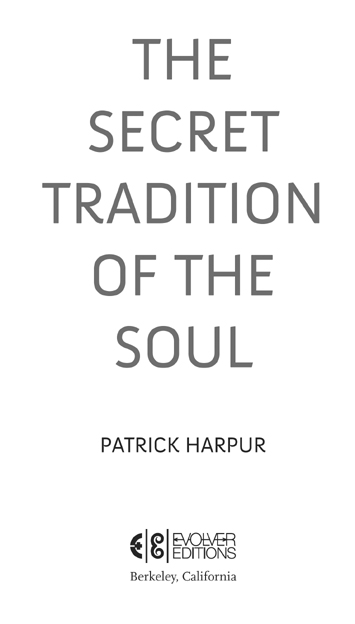Praise for Mercurius
An authentic spellbinder.
The Guardian
Harpur cannot now avoid the credit for the most full and profound philosophical exposition of our times. It has made a deep and permanent impression on me, and I have received a vast benefit for which I shall be ever grateful.
John Michell, author of The View over Atlantis, City of Revelation, and The Dimensions of Paradise
Surely one of the most persuasive evocations, ancient or modern, of genuine alchemists at work.
Joscelyn Godwin, author of The Theosophical Enlightenment; Arktos: The Polar Myth in Science, Symbolism, and Nazi Survival; and Harmony of the Spheres: A Sourcebook of the Pythagorean Tradition in Music
Extraordinary and brilliant the work is a classic and will be recognized as such.
Charles Nicholl, author of The Chemical Theatre, The Reckoning, and Leonardo da Vinci: Flights of the Mind
Mercurius is a splendid celebration of the spiritual intellect and the souls imagination. I will keep and value it as a moving (and beautifully told) story and as a lucid and provocative manductio to the Art.
Lindsay Clarke, Whitbread Prizewinning author of The Chymical Wedding, Alices Masque, and The War at Troy
Fascinating absorbing the kind of book I deeply enjoy.
Colin Wilson, author of The Occult, Mysteries, and The Outsider
Mercurius is a book written at least as much to elucidate as to entertain. It is probably the most explicit account of the alchemical art ever publishedit presents a strong argument for the perfectibility of man and against the species of bloodless asceticism which drives a wedge between spiritual and corporeal love.
The Literary Review
Mercurius is no lightweight, New Age, fantasy fluff. It is a serious, mature work demonstrating the skill of a brilliant writer and metaphysical investigator.
Justin Erik Farrow, editor of www.gnostics.com
Praise for The Philosophers Secret Fire
A sublime read
The Guardian
Once we believed that truth was out there, now we hold that its in here, but if Harpur is right then it lies in the line of vision between the two In his casual brilliance he evokes the boldness of the stallion in the book of Job, who hears the crying of the captains, and is not afraid
The Independent on Sunday
One of the many things I admire about this timely book is the engaging way it offers something to upset just about everybody. And how should it be otherwise when it is the authors considered intention to explode the peculiar perspective on which the prevailing forces of modern consciousness rely? If youre a hard-nosed materialist with little time for a countervailing vision of the mythical realities we inhabit, then all the more reason to read this book, for Harpur is a serious man with some serious questions to put to you.
The London Magazine
It would be hard to overestimate the value of Harpurs book or to praise it too highly. Packed with fabulous detail at which I can only hint at here, it convinces us once again that everything is soul. Were offered a timely reminder to recall our larger mystical selves, to conceive of possibilities of transformation, to remove the constraints from our limited notion of reality and celebrate lifes infinite and sacred inventiveness.
Rosie Jackson, Resurgence
Praise for Daimonic Reality: A Field Guide to the Otherworld
Witty disturbing beautifully and intelligently observed.
The Sunday Times
A brave, thought-provoking book hats off to Harpur thank heaven there are people like him to rejuvenate our vanishing sense of wonder.
The Daily Mail
Copyright 2011 by Patrick Harpur. All rights reserved. No portion of this book, except for brief review, may be reproduced, stored in a retrieval system, or transmitted in any form or by any meanselectronic, mechanical, photocopying, recording, or otherwisewithout the written permission of the publisher. For information contact Evolver Editions c/o North Atlantic Books.
Published by Evolver Editions
Evolver Editions publications are distributed by
North Atlantic Books
P.O. Box 12327
Berkeley, California 94712
Art direction and cover design by michaelrobinsonnyc.com
The Secret Tradition of the Soul is sponsored by the Society for the Study of Native Arts and Sciences, a nonprofit educational corporation whose goals are to develop an educational and cross-cultural perspective linking various scientific, social, and artistic fields; to nurture a holistic view of arts, sciences, humanities, and healing; and to publish and distribute literature on the relationship of mind, body, and nature.
North Atlantic Books publications are available through most bookstores. For further information, visit our website at www.northatlanticbooks.com or call 800-733-3000.
Library of Congress Cataloging-in-Publication Data
Harpur, Patrick.
The secret tradition of the soul / Patrick Harpur.
p. cm.
Includes bibliographical references.
eISBN: 978-1-58394-345-8
1. Soul. I. Title.
BL290.H37 2011
202.2dc22
2011007183
v3.1
To my aunts, Cicely and Boobela
CONTENTS
INTRODUCTION
It is notoriously difficult to talk about the soul. If we believe that we have a soul, we tend to picture it vaguelyas some essence of ourselves, some core of our being that constitutes our real selves or our higher selves. Even if we are not specifically religiousChristians, for instancewe can all still resonate with the notion that there is some part of us that should not be sold, betrayed, or lost at any cost. We can understand the idea that we can lose our souls and still go on living, just as we can lose our lives but retain our souls. We still use the word soul to mean something real or authentic. Whenever music, dance, architecture, foodanything, reallyis said to have soul, we mean that it is the real thing, that it speaks to the deepest part of ourselves. It is not a tangible reality, of course, but it is felt to be more real than ordinary life. So the first attribute of soul is as a symbol of depth and authenticity. Wherever it slips in it stirs in us a sense that there is more to this world than meets the eye, something more than human behind mundane events. It stirs, in other words, a religious feeling, regardless of any religious denomination.
The notion of soul is also oriented toward death. If we believe that some part of ourselves lives on after death, that part is the soul. Despite what modern materialists tell usthat we are only our bodieswe persist in feeling that, in fact, we inhabit our bodies. We persist in feeling that the most real moments of our lives occur when weperhaps our soulstemporarily leave our bodies, whether in joyful or agonized passion. For example, we are outside of ourselves when we are deeply engaged with a landscape or a lover, when we are lost in a piece of music or dance. Conversely, when we are in heightened states of rage or fear, we spontaneously say: I was beside myself! I wasnt myself! I was out of my head! The Greek root of the word ecstasy means to stand outside (oneself). Such feelings enable us to experience the reality of what most, if not all, cultures have always asserted: that when we step outside ourselves for the last time, at death, the body rotsbut this essential, detachable part of ourselves, our soul, goes on.


